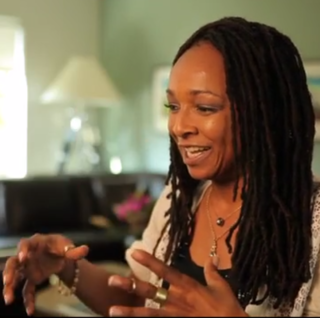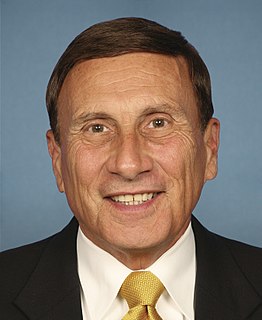A Quote by Robert Crumb
There's many heroic underappreciated investigative journalists.
Quote Topics
Related Quotes
Journalists in newspapers and in many magazines are not permitted to be subjective and tell their readers what they think. Journalists have got to follow a very strict formulaic line, and here we come, these non-fiction writers, these former journalists who are using all the techniques that journalists are pretty much not allowed to use.
Distinguish between the work and the job title. When I was leaving school in the early 1970s, many people wanted to be journalists, carrying out investigative reporting for print newspapers. Print newspapers may not exist in twenty years. But good thinking and good writing about issues that need to be reported and investigated will always be needed; but where this happens, what it is called, and who pays for it may be quite different than could have been envisioned by the great journalists of the past.
Anyone who does investigative journalism is not in it for the money. Investigative journalism by nature is the most work intensive kind of journalism you can take on. That's why you see less and less investigative journalism at newspapers and magazines. No matter what you're paid for it, you put in so many man-hours it's one of the least lucrative aspects of journalism you can take on.
Many journalists now are no more than channelers and echoers of what Orwell called the official truth. They simply cipher and transmit lies. It really grieves me that so many of my fellow journalists can be so manipulated that they become really what the French describe as functionaires, functionaries, not journalists.







































